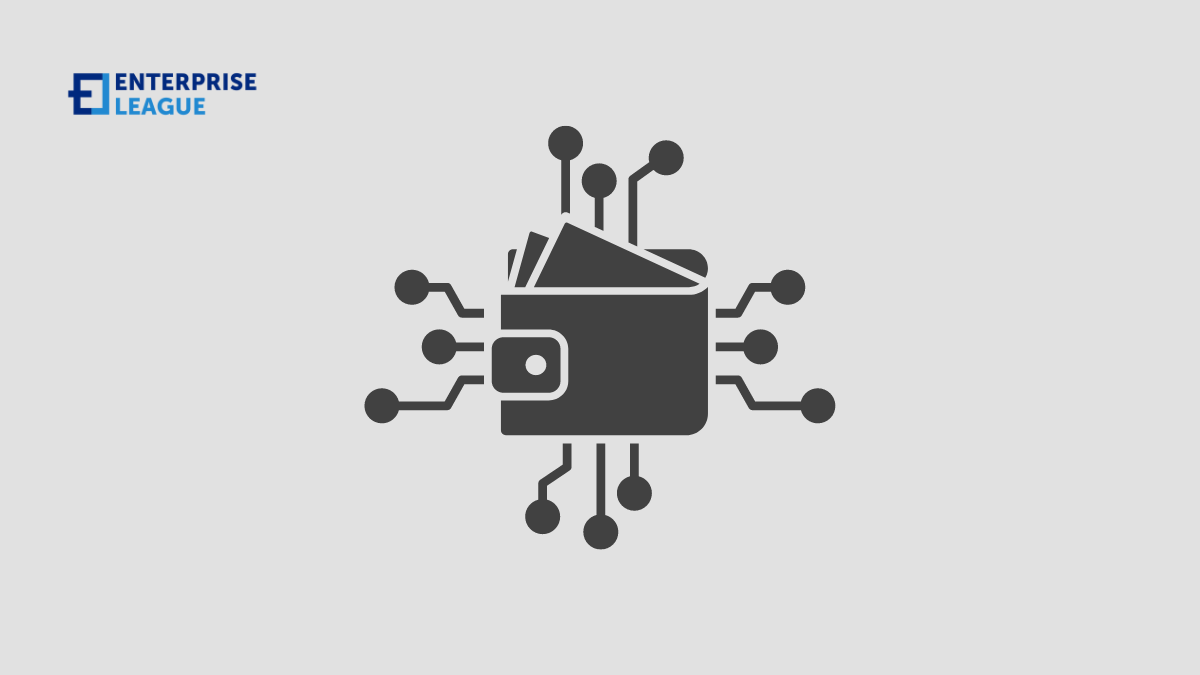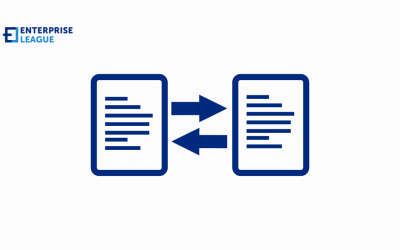Crypto commerce 101: A beginner guide to safely acquiring digital assets
February 09, 2024

With the increased number of cyber-attacks aimed explicitly at crypto owners, it is understandable why so many beginners are on the fence when it comes to acquiring crypto assets. The fear of potential security breaches has created a sense of caution among newcomers who are hesitant to fully embrace the world of digital currencies.
Should newcomers be worried about their investments and personal information? Absolutely not. By adopting robust security practices, staying informed about the latest cybersecurity measures, and choosing reputable platforms, beginners can confidently empower themselves to navigate the crypto landscape.
And this is precisely what we will cover in the following lines. So, make sure to stay tuned as we delve into essential strategies and practical tips to acquire and safeguard your crypto assets.
Let’s start with the basics
Before digging into the complexities of safely purchasing cryptos, let’s establish a solid foundation by understanding some fundamental concepts.
What are digital assets?
In the context of crypto, the term “digital assets” refers to cryptocurrencies and tokens that are stored and transacted on decentralized networks, which typically use blockchain for secure and transparent transactions. Examples of digital assets are cryptocurrencies like Bitcoin, Ethereum, Tron, Tether, Doge and many others.
Cryptocurrency definition
Also, another notable distinction between cryptocurrencies and fiat currencies lies in their volatility. Cryptocurrencies are known for their price fluctuations, which can be significantly more pronounced than traditional fiat currencies. The value of cryptocurrencies is often influenced by factors such as:
- Market demand
- Traders sentiment
- Regulatory developments
- Technological advancements
The best way to stay safe against such sudden fluctuations in value is to follow the price movements regularly. A price chart depicts the changes in BTC’s price over time, allowing users to analyze historical data and identify trends.
You can make more educated decisions by staying informed about market conditions and being aware of potential catalysts that may impact cryptocurrency prices.
Finally, the key advantage of cryptocurrencies lies in their ability to enable direct, peer-to-peer transactions without the need for intermediaries like banks. As a result, digital currencies result in faster and more cost-effective transactions, among other things, and provide users with peace of mind when sending or receiving funds.
Safety first
Now that you know more about cryptocurrencies, we can explore safety measures, including selecting secure wallets, managing private keys, and adopting best practices to protect your digital wealth.
Choosing a secure wallet
Selecting the right wallet is your first line of defense when purchasing cryptocurrencies. You can pick between several types, like:
- Hardware wallets – Physical devices designed to provide you with an offline storage solution for keeping your private keys safe. As such, they’re typically resistant to hacking, malware, and phishing attacks. However, they aren’t ideal for users making frequent transactions.
- Software wallets (hot wallets) – Applications (programs) you use to store, manage and transact cryptocurrencies. Depending on the type of device you use, digital wallets can be desktop, mobile, and online. Their interface is more straightforward than hardware wallets and ideal for crypto holders who often buy and sell digital assets.
- Paper wallets – A form of cold storage that stores private and public keys on a physical medium, such as a piece of paper. This type of storage is great against hackers but vulnerable to physical damage.
You should pick a wallet that best aligns with your needs. As a beginner, you should start with a hot wallet, which comes with a user-friendly interface and is ideal for making frequent transactions. Once you grasp the basics and acquire a larger amount of crypto, you can get a hardware storage of your choice and allocate the majority of your digital wealth to secure cold storage.
Selecting a reputable exchange
- Security – Check whether the exchange of your choice employs military-grade security protocols, such as two-factor authentication (2FA) and cold storage for your funds.
- Regulatory compliance – Make sure to select a platform that adheres to regulatory requirements in their jurisdictions to ensure a legal and transparent trading environment. Unregulated exchanges and trading platforms pose a huge risk of potential legal issues and lack the oversight necessary to protect users.
- Available cryptocurrencies – Ensure that the exchange supports a variety of cryptocurrencies, including the less popular ones, which will allow you to diversify your portfolio when the right time comes.
- Transaction fees – Every exchange has its unique fee structure that includes trading, withdrawal and deposit fees. Do your research and pick the most cost-effective option that aligns with your budget.
- Ease of use – It goes without saying that user-friendly platforms are extremely beneficial to beginners. You should aim to find a reputable crypto exchange that offers a massive library of educational resources to assist newcomers.
Best practices for private keys
The security of your crypto holdings is directly connected to the safety of your private keys. Safeguard your financial assets by diligently following these best practices:
- Use reputable metaphors to generate private keys.
- Generate private keys offline to mitigate the risk of exposure to online threats.
- Create multiple backups of your private keys.
- Store your private keys in different locations.
- Use strong and unique passwords whenever possible.
- Regularly backup your private keys
- Private keys should stay private – never share them with anyone.
By following these practices and taking necessary precautions, you can significantly minimize the risk of unauthorized access and potential loss of your crypto holdings.
How to safely acquire cryptocurrencies
Finally, here’s a quick guide on how to purchase and store digital currencies:
- Education and research – Understand the basics and familiarize yourself with various cryptocurrencies available on the market. This way, you’ll be able to make educated decisions when navigating the dynamic landscape of cryptocurrencies.
- Choose the right wallet – Select a secure storage that aligns with your needs and tech level.
- Select a reputable exchange – Choose a reputable and legitimate crypto exchange to facilitate your transactions. Consider its track record of security, regulatory compliance, cryptocurrency options and ease of use.
- Complete identity verification – Once you pick the proper crypto exchange, complete the KYC procedure by providing valid identification documents to comply with regulatory standards.
- Make your first purchase – Deposit funds to your crypto account using the preferred payment method and initiate your first cryptocurrency purchase.
Finally, it is critical to remember that education and due diligence are paramount in the crypto world. Gaining a fundamental grasp of cryptocurrencies, blockchain technology, and security measures is crucial to protecting your digital assets. The reason is simple – educated users are less susceptible to scams, fraud, and security breaches.
More must-read stories from Enterprise League:
- Are you aware of the negative effects that social media has on the workspace?
- Engaging online networking events that you should not miss.
- Benefits of owning a business according to business owners.
- Importance of online privacy laws in the digital era and how they protect us.
- What it takes to start a wholesale business from scratch?
Related Articles
PDFs and the debate between tradition and innovation
Curious about the future of PDF? Learn about its integration with new technologies and explore some practical PDF tips to leverage all the power of this format!
The 10 Ds of entrepreneurship: Why are they important?
Are you familiar with the 10 Ds of entrepreneurship? Let’s see if you possess some or all of them that will launch you for success.
Optimizing performance and reliability in managed file transfer systems
Optimizing the performance and reliability of MFT systems is a continuous process that requires attention to infrastructure, software and strategic processes.
PDFs and the debate between tradition and innovation
Curious about the future of PDF? Learn about its integration with new technologies and explore some practical PDF tips to leverage all the power of this format!
The 10 Ds of entrepreneurship: Why are they important?
Are you familiar with the 10 Ds of entrepreneurship? Let’s see if you possess some or all of them that will launch you for success.





